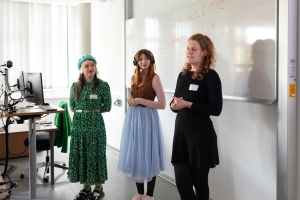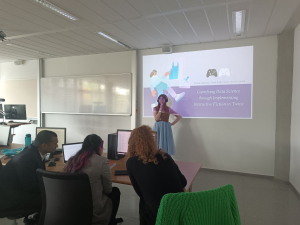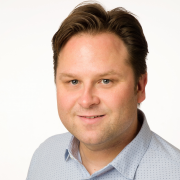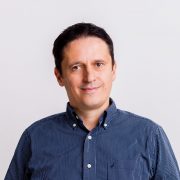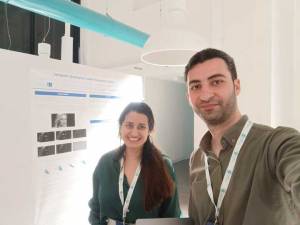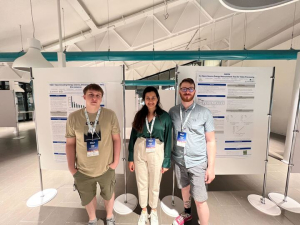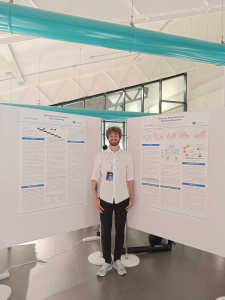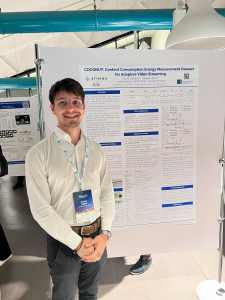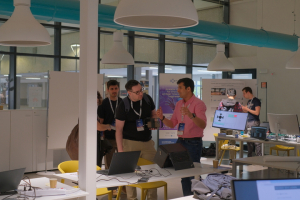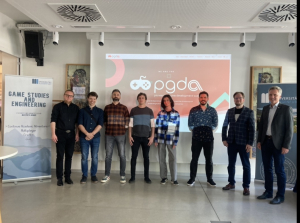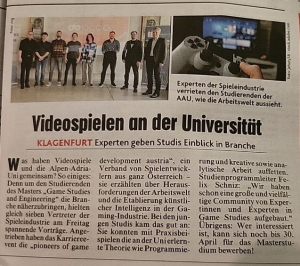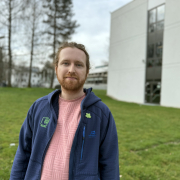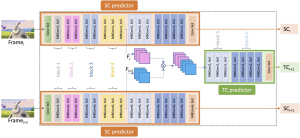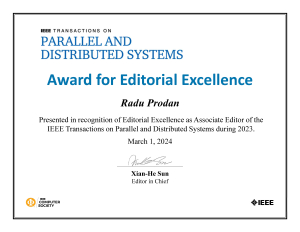Author: Emanuele Artioli
Abstract: Video streaming stands as the cornerstone of telecommunication networks, constituting over 60% of mobile data traffic as of June 2023. The paramount challenge faced by video streaming service providers is ensuring high Quality of Experience (QoE) for users. In HTTP Adaptive Streaming (HAS), including DASH and HLS, video content is encoded at multiple quality versions, with an Adaptive Bitrate (ABR) algorithm dynamically selecting versions based on network conditions. Concurrently, Artificial Intelligence (AI) is revolutionizing the industry, particularly in content recommendation and personalization. Leveraging user data and advanced algorithms, AI enhances user engagement, satisfaction, and video quality through super-resolution and denoising techniques.
However, challenges persist, such as real-time processing on resource-constrained devices, the need for diverse training datasets, privacy concerns, and model interpretability. Despite these hurdles, the promise of Generative Artificial Intelligence emerges as a transformative force. Generative AI, capable of synthesizing new data based on learned patterns, holds vast potential in the video streaming landscape. In the context of video streaming, it can create realistic and immersive content, adapt in real time to individual preferences, and optimize video compression for seamless streaming in low-bandwidth conditions.
This research proposal outlines a comprehensive exploration at the intersection of advanced AI algorithms and digital entertainment, focusing on the potential of generative AI to elevate video quality, user interactivity, and the overall streaming experience. The objective is to integrate generative models into video streaming pipelines, unraveling novel avenues that promise a future of dynamic, personalized, and visually captivating streaming experiences for viewers.
![]()
![]()



